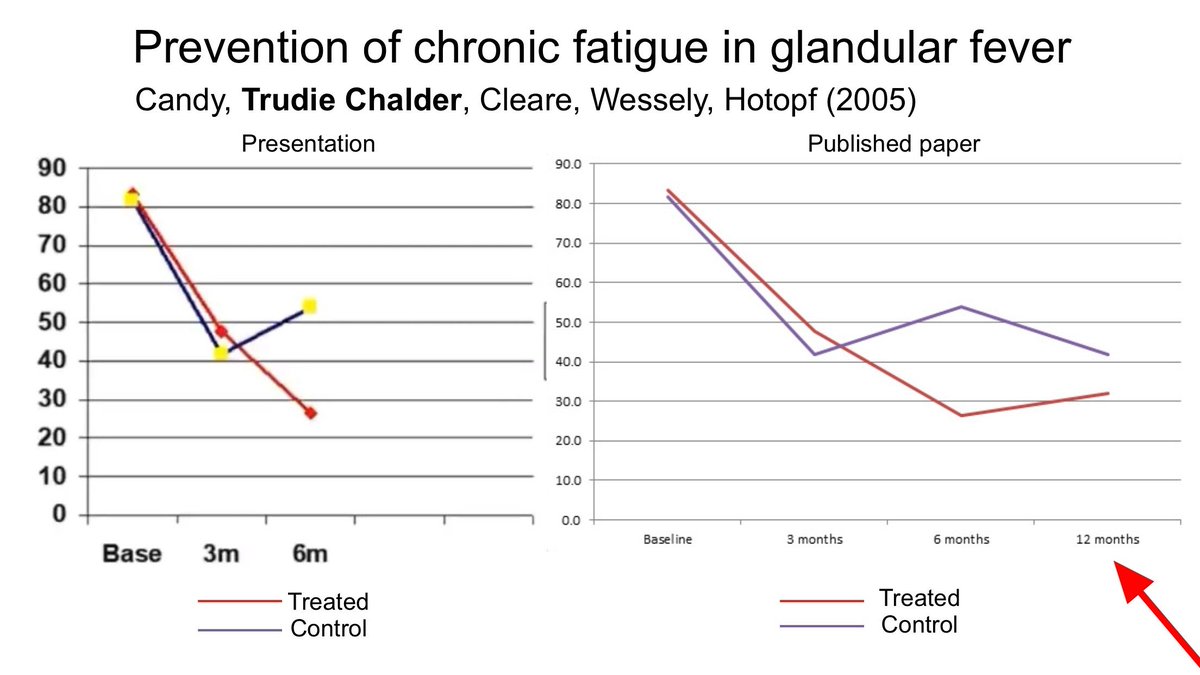
Hi @theJeremyVine,
You made a panorama programme in 2010 about Lynn Gilderdale a patient with Severe ME who died by suicide.
Lynne was made worse by Graded Exercise which is currently recommended by the 2007 NICE 2007 Guideline for ME/CFS.
You made a panorama programme in 2010 about Lynn Gilderdale a patient with Severe ME who died by suicide.
Lynne was made worse by Graded Exercise which is currently recommended by the 2007 NICE 2007 Guideline for ME/CFS.

NICE were due to remove Graded Exercise on 18 August but went against their own rigouous process and stopped publication a few hours before after pressure from parts of the medical establishment.
onthewight.com/delay-on-new-g…
onthewight.com/delay-on-new-g…
NICE spent 3yrs reviewing the evidence and found the quality was not good enough to recommend Graded Exercise and that it is potentially harmful. Over 50% of patients report that Graded Exercise makes them worse. Many patients have been made significantly more disabled.
This thread of explainer videos (with clips from experts, MPs and patients) outlines some of the reasons why NICE were going to drop Graded Exercise and the devastating impact it has had on patients over the last few decades.
https://twitter.com/ABrokenBattery/status/1432038149472071686?s=20
NICE are holding a roundtable on 18th October which is outside their strict process for guideline publication.
An ME patient has also been awarded legal aid to potentially take NICE to court.
Could you please cover this on one of your shows next week?
inews.co.uk/news/health/me…
An ME patient has also been awarded legal aid to potentially take NICE to court.
Could you please cover this on one of your shows next week?
inews.co.uk/news/health/me…
• • •
Missing some Tweet in this thread? You can try to
force a refresh








